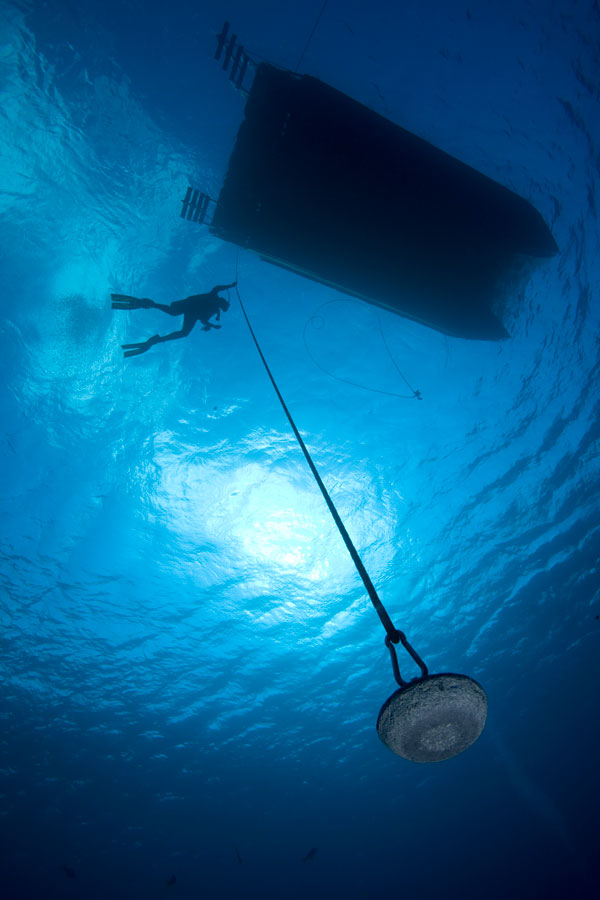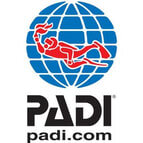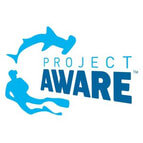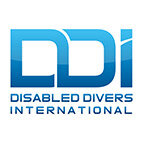Are PADI and other training agencies training standards too weak?
This will raise a few eye brows….
I always like to do the full disclosure before I start my blogs so here it goes:
Yes, I am a PADI Course Director. Click here for my instructor courses
Yes, I have been a PADI member for over 25 years.
Yes, I think the PADI educational system is good.
Recently I had a gentleman walk into the dive shop and he wanted to switch to the PADI family as he saw that it is the most recognized international scuba diving training agency world wide and he wanted achieve a certification level at which he could work on dive boats guiding certified divers.
So we got talking and we looked at the PADI Divemaster Course which led us to look at the courses he had done to date.
The gentleman was certified by a federation in New Zealand which used the CMAS system back in 1979. As part of the training for the advanced level certification he had to perform the following skills:
The advanced certification called a Basic scuba diver had to perform the following:
Confined water:
Gear up buddy and pre dive check
Entry max 1 meter, Feet first, forward roll & backward roll
Ditch and recovery
Swim underwater 25 meters whilst carrying mask and fins in hand
Exit from pool with full gear without using steps
3 forward rolls underwater with one breath
3 backwards rolls underwater with one breath
High entry from high board from 2 meters if possible
Dive on snorkel and change to scuba
Swim with blacked out mask
Buddy breath
Free ascent with instructor
Rescue buddy from bottom on scuba
Swim 200 m in full scuba only using snorkel
Demonstrate all compulsory hand signals
Openwater:
Gear up buddy and pre dive check
Feet first entry buoyancy check
Swim on snorkel to start (air off) 500 meters
Duck dive on snorkel to 6 meters and then change to scuba
Navigation underwater 100 meters
Ditch and recovery (mask on) no ascent
Mask clearing twice
3 forward rolls underwater with one breath
3 backwards rolls underwater with one breath
Buddy breathing
Swim 30 meters (no mask)
Free ascent with instructor from 7 meters
Entry into boat from water
Back roll into water
Demonstrate all compulsory hand signals
So, by now you get the idea that there were some different training standards back then. But the one that really got my attention was a particular skill which was to be conducted in the Openwater as part of the equivalent of a rescue certification:
Remove mask, remove and replace mouthpiece from regulator, replace mask at a depth of 15 meters
Plan and execute the following dive:
Dive with a buddy to 40 meters (bottom)
At 40 meters demonstrate neutral buoyancy, exchange scuba equipment with buddy. [Instructor or assistant must be present] Terminate dive at 6 minutes bottom time, or complete ditch and recovery.
Ascent 18 meters per min and decompress to US NAVY 140/15 schedule
I can see that some of these would be fun to do, however I also see some real dangers in some of those skills. Training should be realistic to teach students how to deal with “real” possible scenarios. This brings us back to my initial question: Is PADI training adequate?
I do believe it is. Who is today’s diver? Whilst I don’t know the actual statistics I would suggest that the vast majority of people who have a diver certification go diving once or twice a year whilst on holiday. These divers are usually being guided by a Divemaster or a scuba dive instructor. How much advanced training above and beyond what is taught in the PADI programs do they really need?
Then there are divers that dive regularly, they might join a dive club and go diving once a fortnight or once a week. These divers will go on and do further courses and become more and more experienced by simply diving. Does the PADI system cater to these individuals appropriately? I believe it does. The PADI Advanced and Rescue Courses are a great vehicle to educate and provide the necessary skills required to make a competent diver.
Every so often though we see a horror story unfold and wonder if more training, stricter training, training to a higher standard or more extreme training would have avoided these accidents. My answer to that is quite simple:
Limit your diving to the training you have received. If you were trained in the tranquil waters of some Caribbean sheltered island beach, realize that diving in extreme currents in rough conditions in South East Asia will be very different. If you have not dived in a while and have only a limited number of dives then do a refresher in the pool before going on that dive trip.
Know your limits, don’t be stupid and be safe!
A BIT OF SHAMELESS SELF PROMOTION…
I make custom made personalised mask straps and mask tamers. Have a look - Click here
FOLLOW ME ON:
Facebook: https://www.facebook.com/idcwithkai/
Instagram: https://www.instagram.com/idcwithkai/













